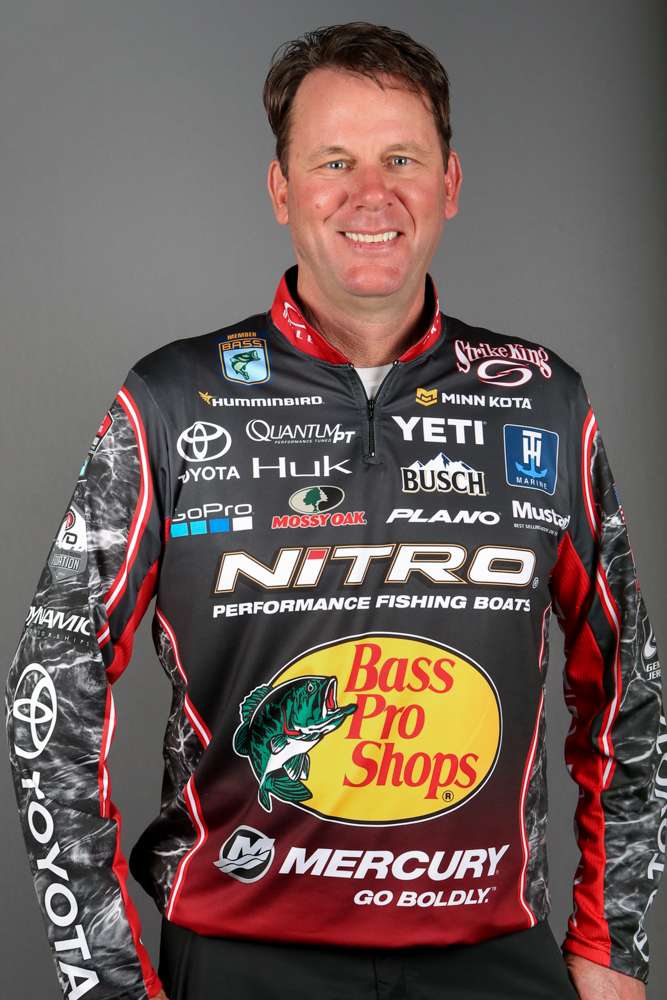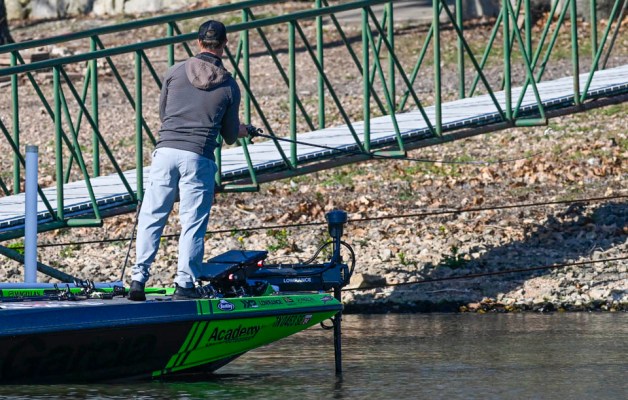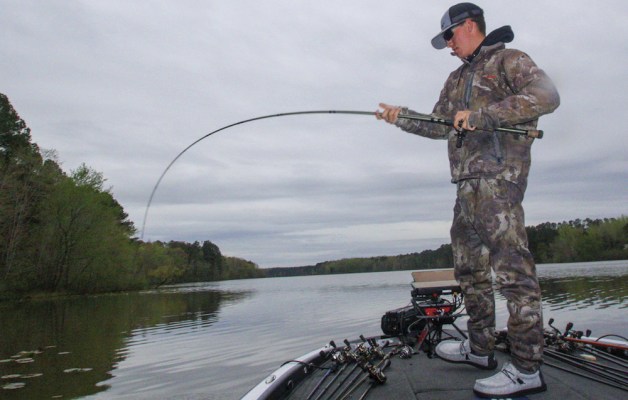
Some of the best lessons you learn in fishing come when you don't catch many fish.
The Toyota Texas Bass Classic I fished last weekend was a good example. I finished in the middle of the pack of a 50-man field and wasn't very happy about that. On the other hand, I learned some things that I will file away for future reference.
That's what all bass fishermen should remember: Regardless of whether you're in a tournament or fishing for fun, learning opportunities are everywhere. You just have to keep your eyes and mind open to them.
Lake Conroe is lined with homes that have seawalls and big, wooden docks. The bass love to get around them when they're shallow. Docks provide about the only cover on the flats of lakes like Conroe that are heavily developed.
There are several ways to fish these docks: You can use just about any lure that you can get under or around the docks.
The first day I got a lot of bites fishing a variety of lures, but it got a lot tougher after that. I figured out that the key was to target docks that weren't getting a lot of wave action on them. For example, on Friday there wasn't a lot of boat traffic, but that changed on Saturday. The docks where I caught them earlier in the week were getting pounded by boat wakes and the fish didn't bite there. The wave action took the fish right off the pilings.
The other interesting factor was it didn't matter how deep the docks were or whether they were located on points, main lake or back of a creek. I only got bites around the calm docks.
I'm not sure where they went, unless they scattered along the bank. I caught a few on flats between the docks, so that's my hunch.
Early in the morning I could catch bass off main lake docks, but once the boats got out, I had to seek the docks in protected areas.
It took a while to figure that out, which is a problem on lakes like Conroe where you don't get a lot of bites. Now, on lakes like Guntersville, where you catch a lot of fish, the pattern comes to you quickly. But when the bites are few and far between, you can get misled easily. And in a tournament, you run out of time.
That's why you have to keep your eyes open to any subtle clue that will give you an idea of what the fish are doing. No matter if you're cranking grass lines, fishing shellbeds or flipping bushes, you should assess every bite you get. A lot of anglers don't do that — they get lost in the euphoria of catching bass, and they miss out on key clues that can provide even better opportunities.





